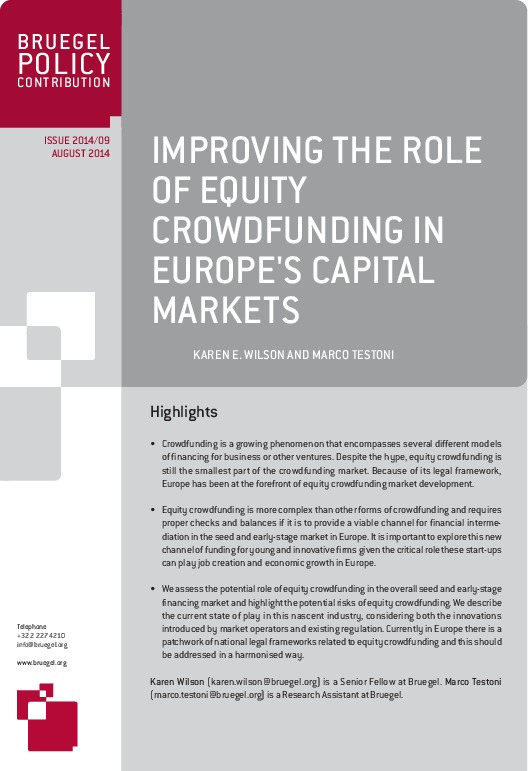External authors

Marco Testoni
Research Assistant
Marco Testoni, an Italian citizen, holds a bachelor degree in Economics and Social Sciences from Bocconi University and a double degree MSc in Economics and Management of Innovation and Technology from Bocconi University and Copenhagen Business School. During his studies he also spent a semester at Boston College in USA and attended some courses at the University of Essex in UK.
His previous work experiences include an internship as business analyst at Roland Berger Strategy Consultants in Milan and an experience as research assistant at the University of Lugano in Switzerland. During his studies, he also worked as a research trainee in Brussels at the European Trade Association for Business Angels and Seed Funds.
His research interests include the economics of innovation and technical change and the interactions among firms in the form of alliances and M&As.

